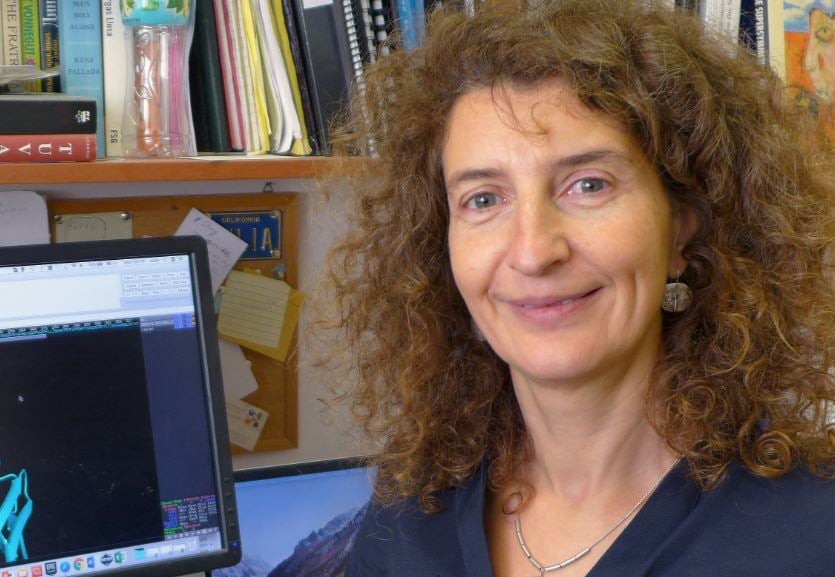Israeli cancer researchers developed a powerful tool that shortens evaluation time of cell mutations from a year to a few days.
By United with Israel Staff
Cancer researchers from Ben-Gurion University of the Negev (BGU) and Hebrew University of Jerusalem (HU) developed a powerful tool that could streamline medical therapies. The findings were published in Nature Communications on Wednesday.
The team, headed by BGU’s Dr. Niv Papo and HU’s Professor Julia Shifman, found a way to “simultaneously evaluate thousands of mutations in protein-protein complexes and map their effect on protein binding affinity, turning a years’-long process into one that takes just a few days,” according to a university press release.
This discovery helps scientists understand the relationships created by cellular proteins and, in particular, those that mutate. Mutations of cellular proteins cause disease.
Protein-protein interactions (PPI) can potentially have thousands of mutations. The study was costly, labor-intensive and time-consuming, as researchers using existing technologies could only observe one mutation at a time.
Before the new innovation, “researchers would spend months constructing protein mutants and measuring their effect on binding affinity (the strength with which proteins interact with their target proteins in cells), slowing down the study of how and why diseases progress,” the press release says.
The pharmaceutical industry is expected to benefit from the tool as most new drugs are “proteins that destroy certain disease-associated protein-protein interactions. The new method of quantifying the effect of thousands of mutations allows researchers to design protein drugs that are both potent and specific, causing minimal side effects.”
The development will also benefit theoretical biologists to understand the behavior of proteins and the impact of mutations.
“The researchers combined a sophisticated protein library screening technology, deep sequencing and data normalization to identify and categorize protein mutations according to their function,” the press release says.
“Our new approach will increase the understanding of the mechanisms and evolutionary origins of specific PPIs and facilitate the rational design of specific inhibitors that can discriminate between structurally similar protein targets,” Dr. Papo said. “Indeed, as many disease-related proteins belong to large families of related proteins, increasing target selectivity is a highly desirable but challenging goal in drug development. Our new approach thus offers great promise for designing novel target-specific therapeutics.”
Do You Love Israel? Make a Donation - Show Your Support!
Donate to vital charities that help protect Israeli citizens and inspire millions around the world to support Israel too!
Now more than ever, Israel needs your help to fight and win the war -- including on the battlefield of public opinion.
Antisemitism, anti-Israel bias and boycotts are out of control. Israel's enemies are inciting terror and violence against innocent Israelis and Jews around the world. Help us fight back!
